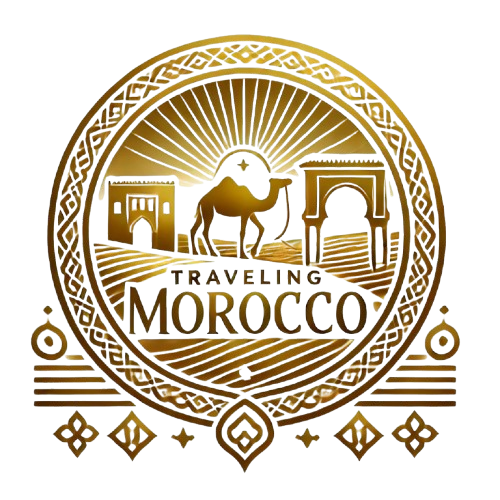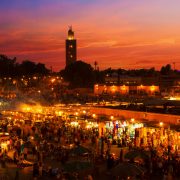
Things to Know Before your traveling to Morocco
Most Important Things to Know
Planning a trip to Morocco? This North African gem offers an exotic blend of ancient culture, vibrant cities, and breathtaking landscapes. Whether you’re exploring the bustling markets of Marrakech, the historic streets of Fes, or the stunning dunes of the Sahara Desert, here are the most important things to know before visiting Morocco to ensure you have a smooth and enjoyable trip.
1. Visa Requirements
Most travelers can enter Morocco without a visa for up to 90 days. However, it’s crucial to check the specific visa requirements for your country before you travel. Ensure your passport is valid for at least six months beyond your planned departure date.
2. Best Time to Visit
Morocco is a year-round destination, but the best time to visit is during the spring (March to May) and fall (September to November) when the weather is mild and pleasant. Summers can be scorching, especially in the Sahara, while winters can be chilly in the mountains and desert regions.
3. Cultural Sensitivity
Morocco is a predominantly Muslim country with conservative cultural norms. Dress modestly, especially when visiting religious sites and rural areas. Women should cover their shoulders and knees, and it’s advisable for men to avoid wearing shorts. Being respectful of local customs and traditions will enhance your experience and show respect to the local people.
4. Language
Arabic and Berber are the official languages of Morocco, but French is widely spoken and understood, especially in cities and tourist areas. Learning a few basic phrases in Arabic or French can go a long way in showing respect and making connections with locals. English is increasingly common, particularly in hotels and tourist establishments.
5. Currency and Payment Methods
The official currency is the Moroccan Dirham (MAD). While credit cards are accepted in many hotels, restaurants, and shops, cash is still king in many parts of the country, especially in markets (souks) and rural areas. It’s a good idea to carry some local currency with you for small


